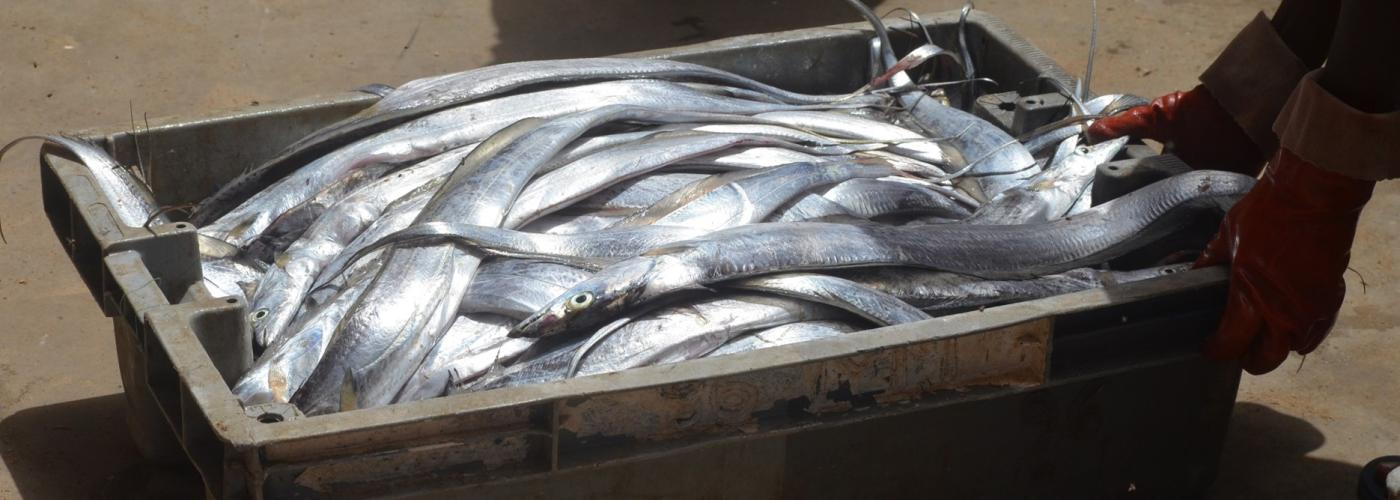Consumer Awareness of PAH Contaminants in Smoked Fish in Senegal
Image

Fish is an important contributor to the Senegalese economy and diet, with Senegal having one of the highest consumption rates of fish in Africa (29 kg/person/year according to a 2017-2018 study; ANSD, 2020). It serves as important protein source for many because of its low cost and its high availability. Due to its perishable nature, fish are commonly processed after capture to increase the longevity of products. In 2018, over 38,924 tons of fish were processed in Senegal, worth an estimated $47,523,252 USD (Ministere Despecheset De L’Economie, 2019). As with any food product, fish consumption comes with an associated risk of potential contamination. Foodborne pathogens undermine the health and well-being of hundreds of millions of people across the globe each year. Inadequate food handling practices and poor infrastructure across supply chains increase health risks to consumers, in addition to being root-causes of pre-consumer loss and waste in the overall food system. Seafood products are no exception to these vulnerabilities, whether fresh or processed.
The most common type of processed fish in Senegal is smoked or braised. While this may help preserve fish, many traditional smoking and braising practices result in chemical contamination that is potentially harmful to human health. In the Spring of 2020, Feed the Future Business Drivers for Food Safety (BD4FS) undertook a Food Safety Situational Analysis (FSSA) of the artisanal seafood sector in Senegal and confirmed that traditional smoking of fish remains a common practice among artisanal processors and that consumer awareness of the potential health hazards was thought to be low (FES, 2020).

